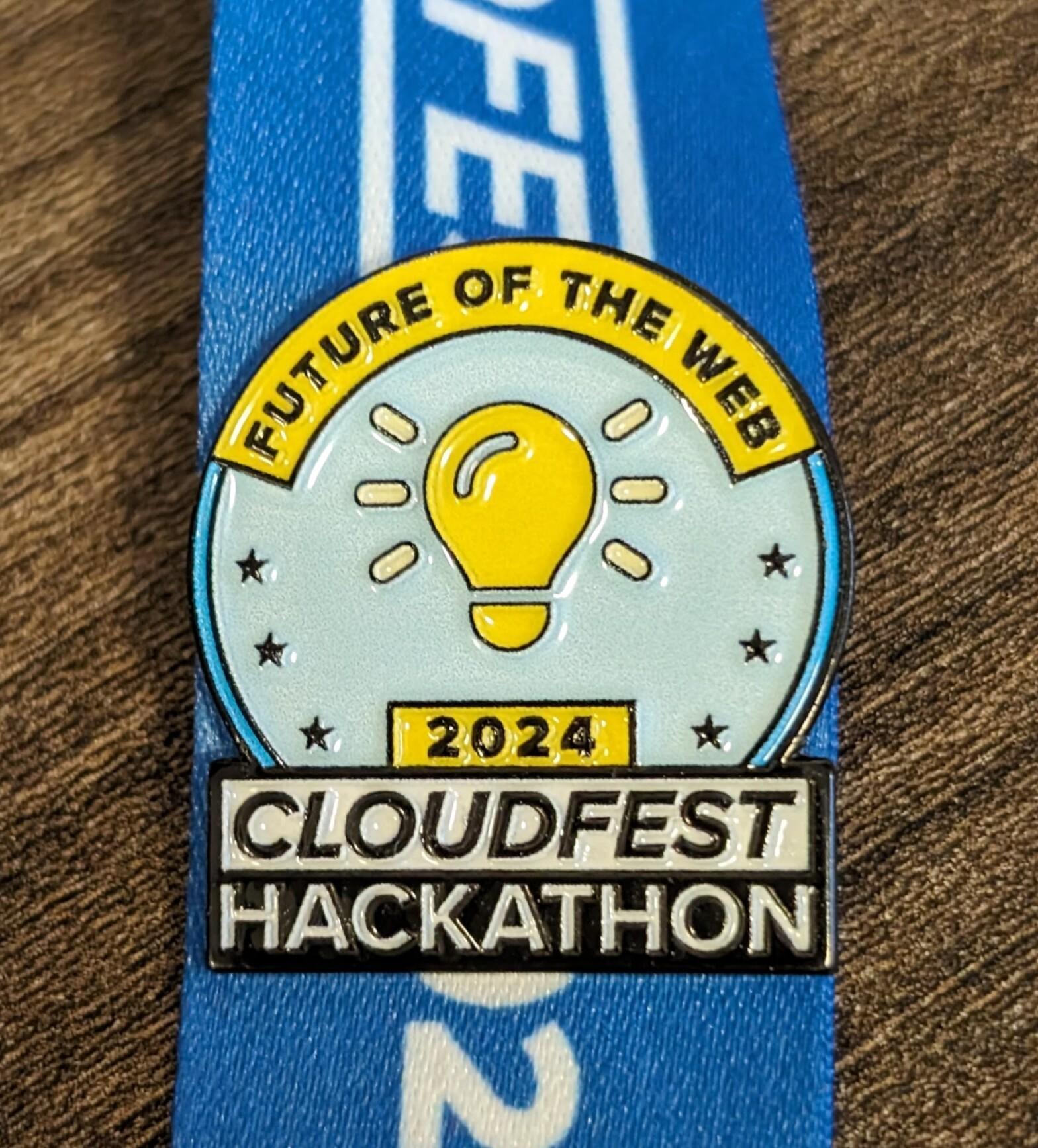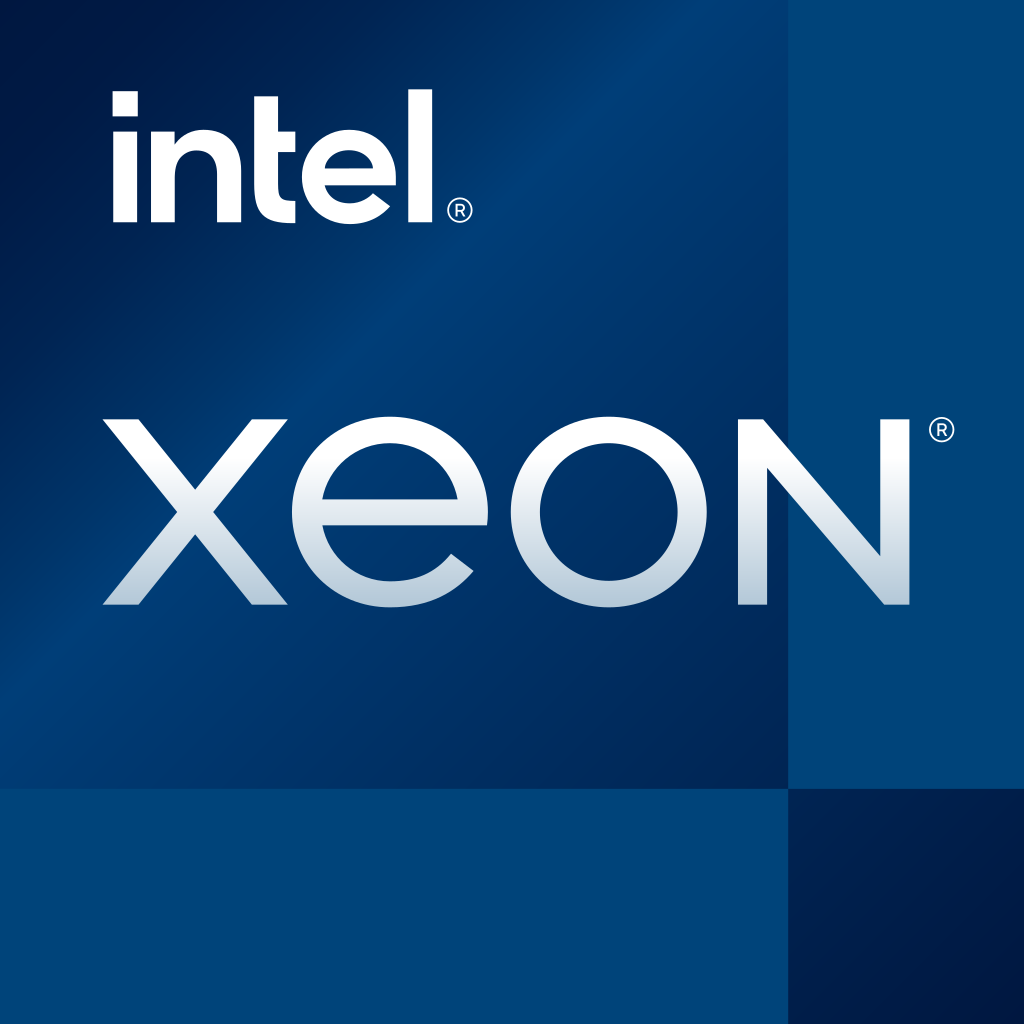Tag Archives: MariaDB
As part of MariaDB’s efforts in Adoption, we have been working on support of MariaDB in open source projects.
The open source projects we have been looking at range from well known, ready to use projects like WordPress or MediaWiki (that Wikipedia runs on), to under-the-hood solutions like ORMs that connect software with databases for countless other open source and private projects.
MariaDB is the de facto standard that many projects and users are running. As MariaDB diverges, matures and develops on its own path from MySQL, especially in later versions, it’s not enough to shrug off compatibility questions with “MariaDB is a drop-in MySQL replacement – everybody knows that”.
…
Continue reading “Improving MariaDB support in open source projects”
We normally announce releases and the end of life of releases, but today we are going to try something a little different, an announcement of “start of life”.
What does this mean?
The way we use GitHub is a little different to most projects. Instead of having a mainline and branching versions from that, MariaDB Server creates a new branch from the previous version. This is intended to happen shortly after the preview release of the previous version, but for various reasons it can come a little later. So by default, after the hypothetical version 11.7.0 is released, we will create the 11.8 branch in GitHub soon after.
…
There are many forums in the past couple of years where I have talked about how non-code contributions are just as important to MariaDB Server and us at the MariaDB Foundation as the code contributions I typically help with. I’ve also highlighted in the past how Intel have provided some fantastic non-code contributions. They assist us by detecting performance issues on their new and future platforms, as well guidance in finding the root cause of these issues.
The outcome: Over a million NOPM in HammerDB
Today I want to discuss some of the performance improvements that Intel has helped with, which have led to MariaDB Server achieving 1 million NOPM (new orders per minute) in the HammerDB TPROC-C test.
…
Continue reading “How Intel helps MariaDB become even faster”
Both MariaDB and MySQL have been around a long time now, and there is always a difficult balance between maintaining compatibility whilst also solving security issues that arise. With the latest bugfix releases of MariaDB, we had to break compatibility a little to improve security, but there are workarounds. We figured we should explain the reasons behind it and how to make things as painless as possible for you.
The Problem
The problem we were solving, and for various reasons we had to do it very quickly, is that it is possible to generate a malicious MariaDB dump file which could execute shell commands from the MariaDB client.
…
With the first quarter of 2024 out of the way, we can take a look at the contribution statistics for the last three months. For the Foundation, this has been a very busy quarter, we have had a few big events to prepare for and attend. As well as two very large projects we are working on (Catalogs and vector indexing). This has meant that it has been difficult for us to keep up with all the wonderful contributions.
That being said, over the coming quarter we will try to rectify this and have some plans to make things better in future.
…
Continue reading “MariaDB Contribution Statistics, April 2024”
OK, MariaDB Server didn’t specifically win, but a project around the MariaDB Catalogs feature won and the team behind it was led by me. In this post, I shall dig into what the CloudFest Hackathon is, what we did there and why it is a big deal.
CloudFest and the Hackathon
CloudFest is an event that happens every year in Europa Park, which is normally an amusement park, located in Rust, Germany. It is a fantastic web hosting and cloud event that spans a whole week, and there are often a lot of entertainment events happening around the main event.
…
Years ago, I watched a film with my children (now adults themselves) called Meet the Robinsons. A running theme from the film is that it is OK to make mistakes because it is from those mistakes we can learn and “keep moving forward”.
An unfortunate perfect storm of several problems occurred which meant that on the 21st February 2024, the mariadb:latest Docker image would not work with PHP and NodeJS clients. Now, one of the things I helped introduce into the MariaDB Foundation is the concept of doing post-mortems, not just when things go wrong but when they go right too.
…
Continue reading “Post-mortem: PHP and MariaDB Docker issue”
With Intel QuickAssist Technology, you can see a 5x performance in your MariaBackup compression, and lower CPU usage as well. Today I’m going to show you how.
What is Intel QuickAssist?
Nearly a decade ago, Intel released a technology called QuickAssist, which started out as a PCI-e card and then became integrated in many Xeon processes starting with the Skylake generation. QuickAssist Technology (often called QAT) is a special unit that the CPU can offload compression and encryption tasks onto.
I was lucky enough to have early access to this technology back when it was new.
…
Continue reading “Accelerating MariaBackup with Intel QuickAssist”







